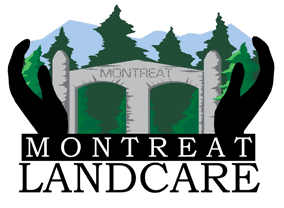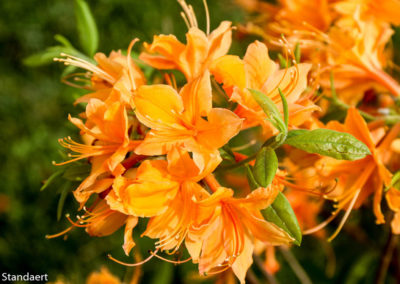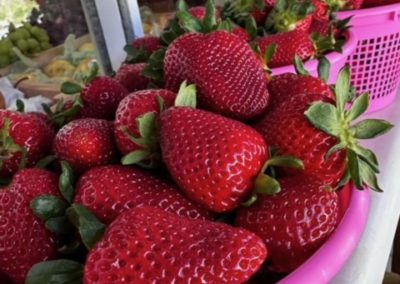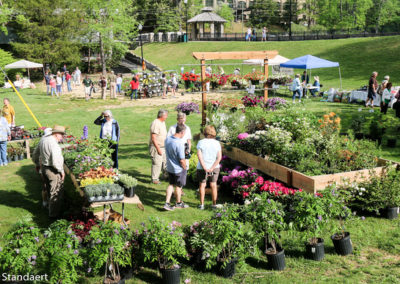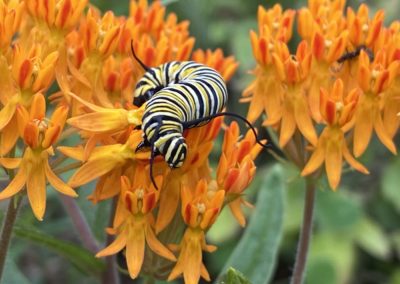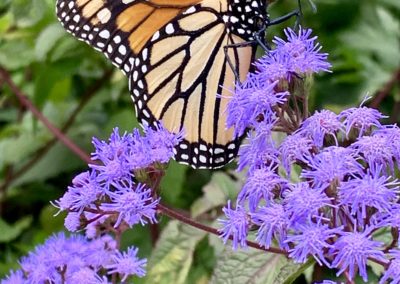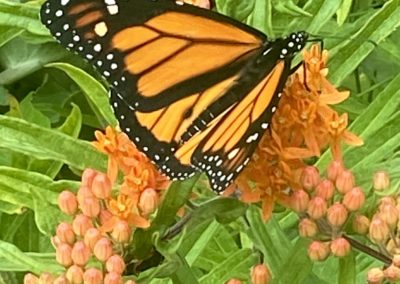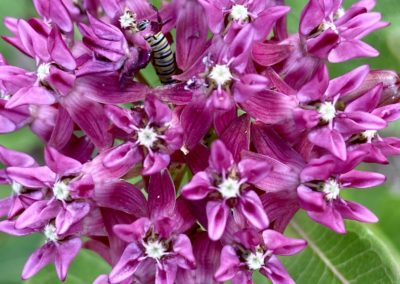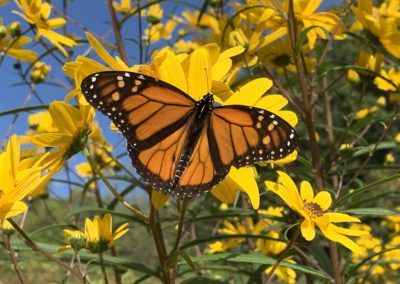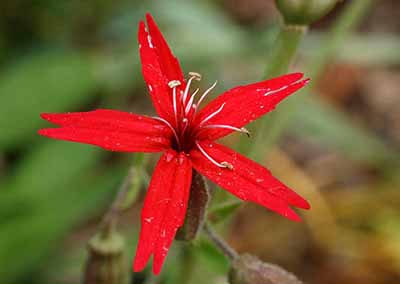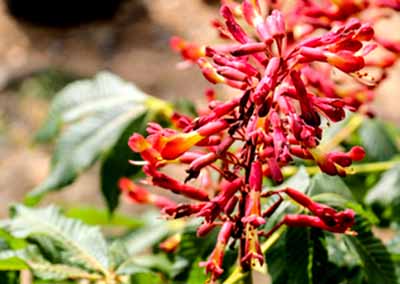
- This event has passed.
2024 Montreat Native Plant Sale & Arbor Day Celebration
May 4, 2024 @ 9:00 am - 2:00 pm
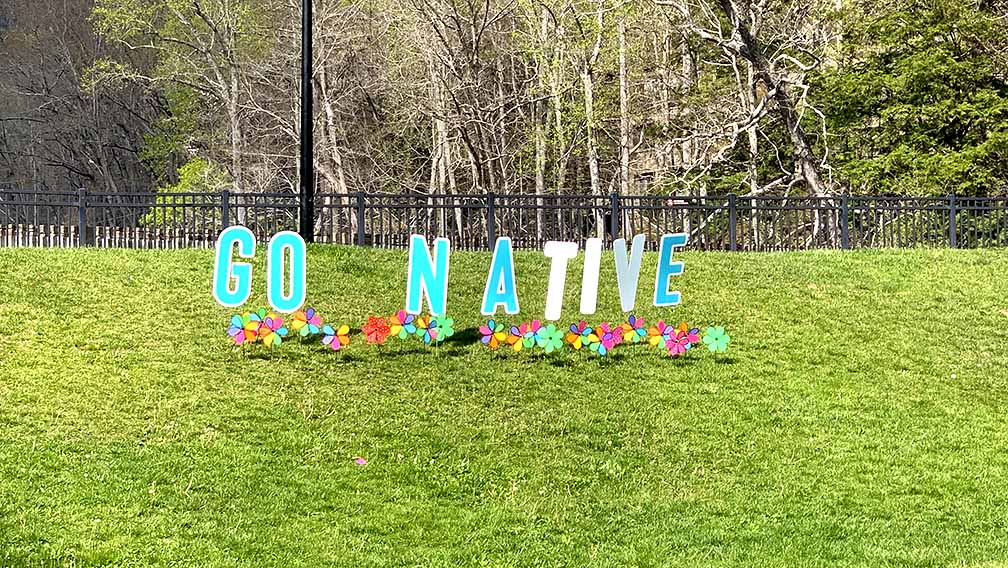
Montreat Native Plant Sale and Arbor Day Celebration
Saturday, May 4, 2024
Moore Center Field, 9 a.m. – 2 p.m.
Join Friends and neighbors for the 9th year of this event. You’ll have the opportunity to enhance your own garden spaces and to learn more about plants native to Montreat and those that thrive in our area.
New This Year
- Montreat Treasured Trees – Meet the Black Mountain group. Sign up for a Montreat walking tour!
- Lake Susan – Learn about the Lake Susan dredging project (pending)
- Spring Tea Party
- Screening of “Clear Day Thunder: Rescuing the American Chestnut”
- Local strawberries from TC Farms/ PG Produce
Favorites Returning This Year
- Enjoy snacks and ice cream or build a burger at the Huck
- Learn how to create your own Fairy Garden
- The Nature Center will be open
- American Chestnut Foundation
- Children’s Activities offered by Montreat College
- Information from Bearwise, Firewise, Montreat Landcare Committee, Wildlife Habitat Certification
- Hemlock Restoration Initiative
- Flat Creek Crossing Project
Vendors Already Committed
- High Country Nursery
- Mellie Mac
- Milkweed Meadows Farm
- TC Farms/PG Produce
- Ten Thousand Villages (go visit on the upper floor of Moore Center)
- Montreat watercolor notecards and prints
- Check back for additions
Share this Day with the Children in your Life!
- Learn about fairy gardens!
- Visit the Paint and Plant Station
- Eat ice cream from The Huckleberry
- Meet folks from Montreat College
- Take a plant home and watch it grow!
- Check out the Nature Center
Schedule of Events
- 9:00 a.m. – 2:00 p.m. — Native plants and plants that thrive here for sale
- 9:45 a.m. — Arbor Day Proclamation
- 10:00 a.m. – 12:00 noon — Treasured Tree Hike leaving from Moore center field
- 11:00 a.m. – 12:00 noon — Spring Tea Party on Moore center field
- 12:15 p.m. – 1:15 p.m. —Screening of the documentary, “Clear Day Thunder-Rescuing the American Chestnut” underneath Moore Center
Location – Moore Field
Follow Hwy 9/Montreat Road through the Gate into Monteat, where the road becomes Assembly Drive. Continue on Assembly Drive about 9/10 of a mile, then turn right on Lookout Rd. Moore Field will be on your left, just blow the banks of Lake Susan. Ample parking is across Lookout Rd in the Anderson Auditorium lot.
For questions or to volunteer on or before May 4, contact the planning team:
- Betty Douglas – (662) 392-3050
- Beth Frith – (828) 713-1548
(Click on an image to view a larger version)
Our History
The idea for a “native plant sale” in Montreat was conceived and adopted as a Landcare project in 2012. We recall the “buzz” of homeowners during the first event, on a bright crisp morning in 2013, and the pleasure of all four of our vendors (and master gardeners) with customer traffic that day. While the original emphasis has continued to be on providing a venue for the display and purchase of locally sourced, smaller, perennial native plants, the event grew to include an Arbor Day (trees) component in 2015. Plus, a new series of educational workshops seemed to be a hit with property owners. Three of the original four plant vendors still were with us in 2016. Locating new growers/sellers who trade exclusively in native plant species is a challenge, especially at this time of year, not just for us but for other communities as well. Defining the right mix of natives and decorative, long-blooming annual flowers to offer is a work in progress.
What’s a Native Plant?
More than ever, native plants should be the preferred choice of homeowners, businesses, and institutions for their gardens. A native plant is adapted to local climate and seasons, and it offers advantages concerning drought hardiness and resistance to disease and insect pests. In contrast, so-called invasive plants cause problems in the environment because they may be toxic to native wildlife, while a lack of natural controls can allow rampant growth. Click here for Landcare Fact Sheet #1 with some practical tips on the use of native plants.
What Are Invasive Plants and Why Avoid Them?
“Exotics” are non-native plants introduced by human action from another geographic area. Some are accidental, but many have been deliberate, intended to beautify gardens or actually enhance wildlife. Many are benign, but a particular class of non-natives called “invasive species” is dangerous to native flora and even animals. They can choke out favored wildflowers, overgrow plants, and be harmful to wildlife. Montreat invasives include Japanese knotweed, Oriental bittersweet, and even English Ivy. See Landcare Fact Sheet #2 concerning invasives.
True native plants have evolved with their pollinators and the fungi, birds, and animals that rely on them for food, habitat, or symbiosis; thus they support the natural bio-diversity of the region far better than hybrids and cultivars.
